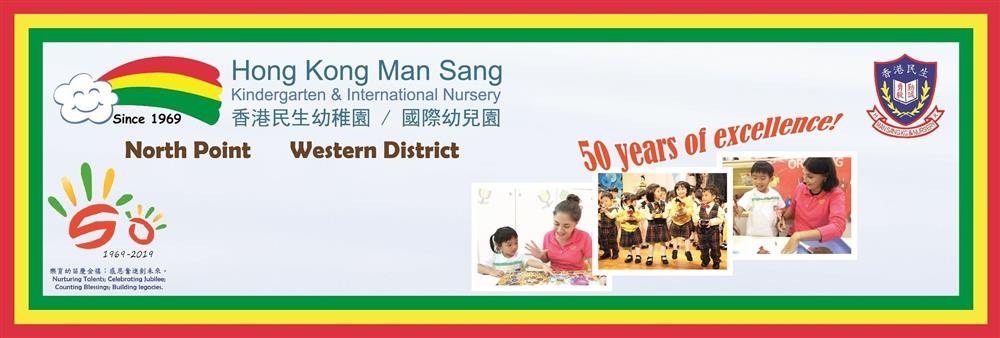Teaching in Hong Kong: The Simulated Interview
“Using the reflective processes – we come to understand our experiences differently and take action as a result,”
(Jasper, 1)
Too relaxed?
Gibbs’ reflective cycle helped me reflect back on my simulated interview experience. I was placed in a group of four people with similar job descriptions related to the educational sector. My chosen job description was for a native English teacher at Hong Kong Man Sang Educational Organisation.
On the day of the interview the atmosphere was quite relaxed which made me feel reassured. Eventually, it was my turn to be interviewed. I was the second candidate in my group which meant there was an immense amount of pressure to present myself as good as the first candidate, who did extremely well in her interview. You know that feeling of relaxation and peace? Well, that was quickly replaced with my friend, anxiety.
I structured my prepared answers using the STAR method which stands for Situation, Task, Action and Results. However, I realised during the interview some of my responses only allowed me to answer specific questions which affected my presentation as I had to quickly change some answers to relate to the questions.

Self Sabotage
Being interviewed by my peers was definitely less intimidating but nonetheless I still felt a tinge of nervousness mixed with a fear of incompetence. I felt comfortable knowing that I would only be talking to my peers in a more formal tone. However, almost immediately after I interviewed the first candidate, I had feelings of self-doubt which made me feel pressured to do well and continue the great energy created by them. Minutes before my interview, I stood outside the room questioning my own ability, projecting negative feelings of failure into my head. I was distracted by these feelings of self-discouragement that I accidentally sabotaged my mindset, which made me quite disappointed.

The Evaluation
Reflecting back, something good about the experience was when I asked for the question to be repeated again to ensure I was talking about relevant experiences. I sat in a straight posture and spoke enthusiastically to create a good first impression. I answered questions about the organisation’s beliefs confidently by referring to key words from the company’s website and related them to my experience using some aspects of the STAR method. Before the interview I read Inness’ book which discussed how, “A lack of knowledge of the organisation will betray a lack of effort on your part,” (7). This advice prepared me for my performance as I was made aware of how important it is to research the company. This equipped me with the knowledge to touch upon the organisation’s beliefs briefly. This showed the interviewers my organisation and determination as they looked quite impressed with my speech. Similar to Inness, Williams talked about the importance of using, “additional details about the job,” (11). This preparation reading was relevant as I included key words such as, ‘enjoy’ and ‘enthusiastic’ in my speech to make the interviewers aware of my qualities.
However, I did not commonly incorporate my skills and abilities. I think this made my interview less exciting because although I talked about the relevant experiences and skills, I failed to expand more detail on how I gained and used these skills and qualities in my experience. My short responses could had detracted my ability and made me looked as if I wasn’t ready for the role. Although, I used the STAR method to prepare my responses, some were not effective in the interview as I was only able to use them for specific questions. I underestimated how ineffective my responses were and this further strained my interview as it made me panic. Something else that did not go as planned was the interference of my emotions. At times my nervousness made me spoke too quickly which made it difficult for my peers to hear me. Reflecting back, this would have made me look how I felt at the time; insecure which highlights my short and rushed waffled answers.
Analysis
This experience gave me an insight on how an interview is conducted and what to expect. I was able to thoroughly reflect on my strengths and weaknesses and use them as self-development guides to maintain my strengths and improve weaknesses. I thought having organised answers would have supported my interview but, I have learned that sometimes my responses may not answer wide-ranging questions.
Practice makes Perfect
Something else I could have done is practice. I could have asked family members to ask me questions related to my job description. This would have made me aware of how ineffective some of my responses were. If I had found out earlier then I would have been able to change my prepared answers to fit a variety of questions. This means that I would have been able to discuss all aspects of the STAR method and be able to find out earlier if I was speaking at a good pace. I could have also incorporated, “positive self-talk” as outlined by Robert Walters Group where they suggested positive affirmations can help improve our actions. Positive affirmations such as, “I can do this” would have calmed and motivated me before my interview. This would have helped my confidence and improved my performance as my reflection made me realise that negative manifestations will only encourage negative actions.

Action plan
If this situation rose again I will work on my positive self-talk to help prevent my emotions from negatively affecting my performance. By doing this I will not compare myself to my peers as I will be focusing on myself. I will also be more calm and prepared with my STAR responses by practising and relating back to the question at the end of my answers. All of this combined will overall help improve the standard of my presentation as it will be more enjoyable for both me and the interviewers.
Bibliography
Inness, James. The Interview Book: How to prepare and perform at your best in any interview. Pearson, 2015.
Jasper, Melanie. Beginning Reflective Practice. Cengage Learning EMEA, 2013.
Robert Walters Group. “Top tips for dealing with pre-interview nerves.” Robert Walters Group, ND, https://www.robertwaltersgroup.com/news/expert-insight/careers-blog/how-to-calm-interview-nerves.html
Williams, Lynn. Ultimate Interview: Master the art of interview success with 100s of typical, unusual and industry-specific questions and answers. Kogan Page, 2018.
Tell Me About Yourself… Who Me?!
You May Also Like

Finding the Right Balance: My Simulated Interview Experience
14 February 2022
Simulated Interviews: A Pointless Exercise?
14 February 2022
